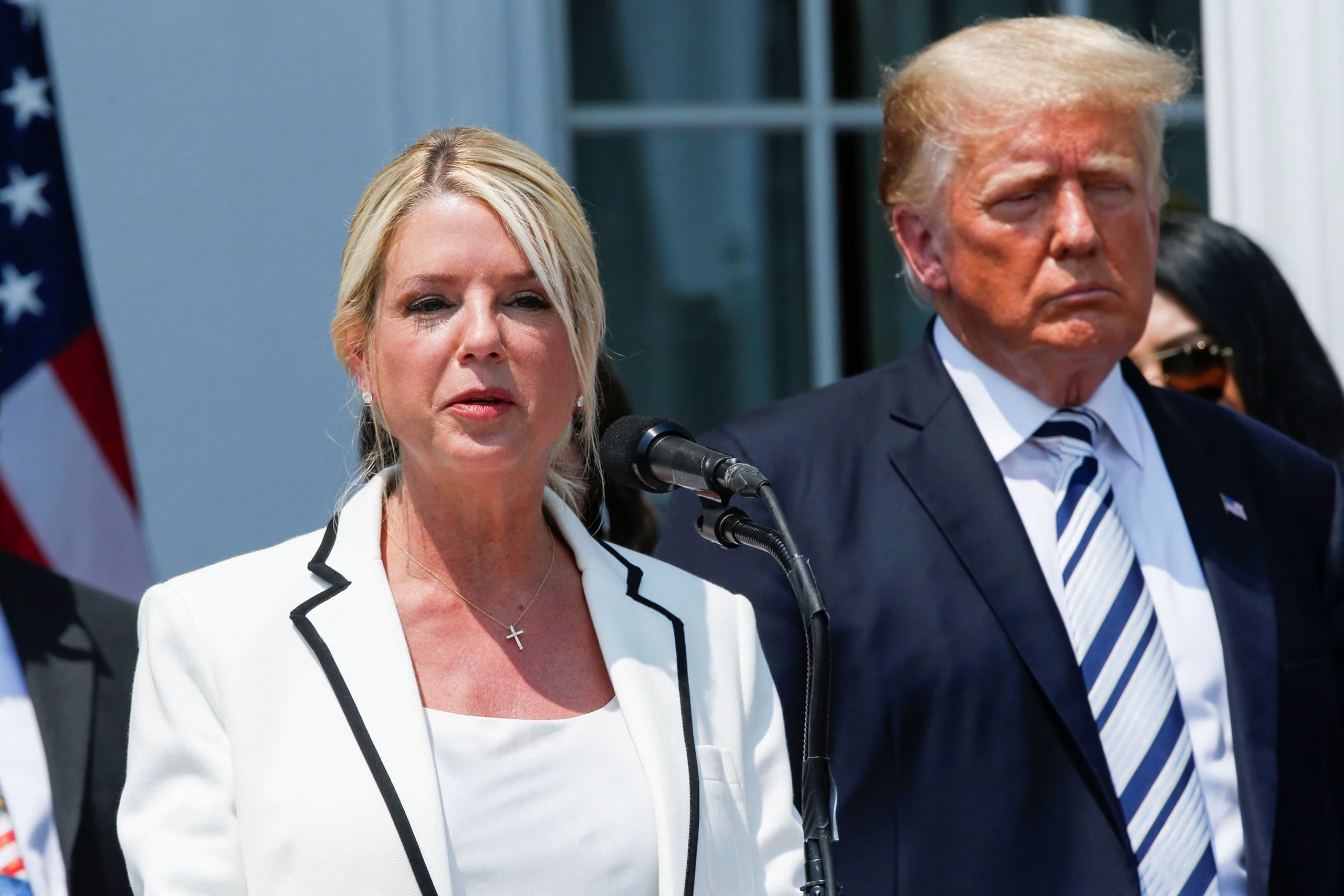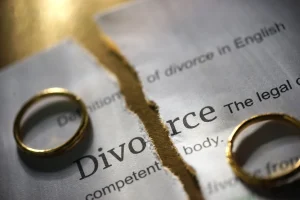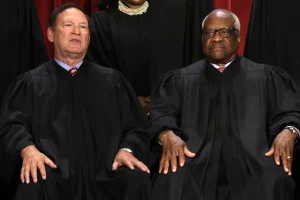The United States Department of Justice has formally petitioned a federal judge to unseal transcripts from grand jury proceedings related to one of the nation’s most notorious criminal cases involving sexual exploitation. The filing comes amid growing public interest in the details of investigations that have spanned decades and involved multiple high-profile figures. Federal prosecutors emphasized that their request is driven by a desire to increase transparency while protecting sensitive personal information.
The materials in question originate from federal grand jury proceedings connected to criminal charges of sex trafficking and conspiracy to commit sex trafficking of minors. These proceedings originally took place in the late 2000s and 2019, culminating in a series of convictions and ongoing public scrutiny. The Justice Department has argued that releasing the transcripts, while redacting personal identifying details and sensitive victim information, serves the public interest and enhances confidence in the legal process.
The request follows a public statement by President Donald Trump, who announced that he had instructed Attorney General Pam Bondi to pursue the release of all relevant grand jury materials, pending court approval. According to statements from the Justice Department, the transcripts cover proceedings in cases that led to the convictions of two individuals closely associated with a sex trafficking operation, including the primary perpetrator, Jeffrey Epstein, and his long-time associate Ghislaine Maxwell.
Epstein, a financier and socialite with extensive connections in New York, Florida, and beyond, was originally investigated by federal authorities in Florida in the mid-2000s. This initial investigation concluded with a controversial non-prosecution agreement and a guilty plea to state-level prostitution charges. In 2019, Epstein was indicted by a federal grand jury in New York on sex trafficking charges but died by suicide while in custody before trial could proceed. Maxwell, Epstein’s associate, was later convicted in 2021 for her role in recruiting, grooming, and abusing underage girls, and she is currently serving a 20-year prison sentence.
The Justice Department’s filing requests that the Manhattan federal court allow for the public release of these grand jury transcripts, while acknowledging that federal rules traditionally protect such proceedings under strict secrecy. If approved, the process will involve careful redactions of any victim-related or personally identifying information to protect privacy. Officials have indicated that the release may take several weeks or even months to fully implement, as the courts review each transcript to ensure compliance with legal standards.
The petition also signals the government’s intention to pursue similar disclosures in proceedings connected to the Maxwell case in South Florida. While the grand jury transcripts themselves represent only a portion of the investigative record, they provide insight into the evidence presented to prosecutors and the conclusions drawn by the grand jury in reaching indictments. The underlying investigative materials, including financial records, travel logs, photographs, electronic data, and property blueprints, remain part of the broader evidentiary collection, though it is unclear how much of this information will accompany the transcripts in any public release.
The request comes in the wake of heightened public and political scrutiny over the handling of Epstein-related materials. Critics have repeatedly questioned whether the full scope of evidence, including any potential “client lists” or associated records, has been made public. Supporters of transparency have argued that a release of these records is crucial for public accountability, given the high-profile connections Epstein maintained over the years and the widespread interest in understanding the scope of the crimes committed.
While Epstein had been friends with Donald Trump in the late 1980s through the early 2000s, Trump has publicly stated that their relationship ended long before Epstein’s first arrest. A Wall Street Journal report that detailed past correspondence between Trump and Epstein sparked further controversy, with Trump asserting that some details in the story were fabricated and threatening legal action against the publication.
The White House has maintained that the current review and proposed release of grand jury transcripts is a matter of transparency and public interest, while reaffirming that there is no ongoing investigation into any additional uncharged parties related to Epstein’s activities. According to the Justice Department, the review of the case confirmed that Epstein died by suicide and did not reveal credible evidence of any further wrongdoing by third parties.
Attorney General Pam Bondi, working in coordination with the Justice Department, has emphasized that the petitions to unseal the records reflect the administration’s commitment to public oversight of major legal cases. In statements to the press, Bondi noted that while much of the material has already been publicly disclosed through lawsuits and public records requests, a complete review of the grand jury transcripts is necessary to ensure that the public has full access to the judicial record.
Epstein’s initial legal encounters in Florida in 2006 and 2008 involved guilty pleas to state-level charges that were widely criticized for their leniency. By the time of his federal indictment in New York in 2019, Epstein had amassed considerable wealth and maintained connections with prominent figures across business, politics, and entertainment. Federal prosecutors alleged that he sexually exploited and abused dozens of underage girls from 2002 through 2005, using a network of associates to facilitate encounters at his Manhattan and Palm Beach residences.
Maxwell, Epstein’s close associate, was later held criminally responsible for actively recruiting and grooming underage victims. Her 2021 conviction represented a culmination of years of investigation into her role in facilitating and perpetuating the sex trafficking operation. She is currently serving a 20-year sentence in federal custody, and her case remains one of the most closely watched in modern U.S. legal history.
The Justice Department’s actions are likely to be closely scrutinized by multiple constituencies, including congressional officials, media outlets, advocacy groups, and the general public. Many Trump supporters have long claimed that details of Epstein’s activities and his network of influential contacts have been withheld from the public for political reasons. Conversely, others have cautioned against sensationalizing ongoing investigations and emphasized the need to protect the privacy and rights of victims.
Federal rules governing grand jury proceedings are designed to maintain strict confidentiality, partly to protect witnesses and the integrity of the investigative process. However, prosecutors and the current administration have argued that these rules are not absolute and that the exceptional public interest in the Epstein and Maxwell cases warrants a measured release of transcripts. Redactions will likely ensure that sensitive information, particularly identifying details of victims or individuals who provided testimony, is not disclosed prematurely or in a way that could cause harm.
The historical context of these cases adds to the complexity of the proposed release. Epstein’s original arrest and conviction occurred against a backdrop of public criticism of the Department of Justice and its handling of high-profile sex crime cases. Over the years, successive investigations have sought to uncover the full extent of his criminal enterprise, the involvement of accomplices, and the systemic failures that allowed him to evade more severe punishment for years.
This current effort represents one of the most comprehensive attempts to provide public access to judicial records in the Epstein saga. Observers anticipate that once unsealed, the grand jury transcripts could shed light on previously undisclosed procedural details, including the manner in which evidence was presented to jurors, how witnesses were questioned, and the rationale behind grand jury decisions to indict or not indict certain individuals.
In addition to satisfying public curiosity, the release could have broader implications for legal and political accountability. By making grand jury records available, the Justice Department seeks to bolster confidence in the federal judicial process and ensure that any past failures or oversights are transparent. Critics of prior handling of the cases have argued that such disclosure is essential to prevent similar lapses in future high-profile investigations.
While thousands of pages of court documents and investigative records have been released over time, the grand jury transcripts offer unique insight into the deliberative process that is typically shielded from public view. Legal analysts note that these transcripts could clarify aspects of prosecutorial strategy, provide context for prior plea agreements, and illuminate the sequence of events leading to charges against Epstein and Maxwell.
The Justice Department has stressed that unsealing the transcripts is not an attempt to re-investigate the individuals already convicted but is instead focused on transparency and public understanding of how the justice system handled one of the most notorious cases of sexual exploitation in recent U.S. history.
As the petitions proceed through the federal court, judges will weigh the competing interests of public access and the need to protect individuals’ privacy and safety. Legal experts expect that any release will be carefully monitored, with initial portions likely to be heavily redacted to safeguard victims and witnesses. Over time, further material may be disclosed as appropriate and in accordance with federal rules governing grand jury secrecy.
The Justice Department’s move underscores a broader effort by the federal government to address longstanding public concerns about transparency, accountability, and the handling of high-profile criminal cases. It also reflects the challenges inherent in balancing the rights of victims, the integrity of the judicial process, and the public’s demand for information.
In the coming months, observers across the political and legal spectrum will be closely watching the court proceedings, the review of redactions, and any subsequent release of transcripts. Analysts suggest that once the documents are made public, they could provide new insights into both the operational methods of Epstein and Maxwell and the broader systemic responses by law enforcement and judicial authorities.
The administration has emphasized that while the grand jury records are being released for public review, the Justice Department and FBI maintain that their prior investigations found no new actionable evidence against additional uncharged parties. Nonetheless, the decision to request unsealing represents a significant moment in the ongoing public discourse surrounding accountability, transparency, and the handling of high-profile criminal cases in the United States.
This latest development in the Epstein and Maxwell investigations illustrates the complex interplay between legal procedure, public scrutiny, and political interest. As federal courts consider the Justice Department’s request, legal observers, advocacy groups, and the public will be closely monitoring the outcome to understand both the historical context and the current state of one of the most widely followed criminal investigations of the 21st century.

Emily Johnson is a critically acclaimed essayist and novelist known for her thought-provoking works centered on feminism, women’s rights, and modern relationships. Born and raised in Portland, Oregon, Emily grew up with a deep love of books, often spending her afternoons at her local library. She went on to study literature and gender studies at UCLA, where she became deeply involved in activism and began publishing essays in campus journals. Her debut essay collection, Voices Unbound, struck a chord with readers nationwide for its fearless exploration of gender dynamics, identity, and the challenges faced by women in contemporary society. Emily later transitioned into fiction, writing novels that balance compelling storytelling with social commentary. Her protagonists are often strong, multidimensional women navigating love, ambition, and the struggles of everyday life, making her a favorite among readers who crave authentic, relatable narratives. Critics praise her ability to merge personal intimacy with universal themes. Off the page, Emily is an advocate for women in publishing, leading workshops that encourage young female writers to embrace their voices. She lives in Seattle with her partner and two rescue cats, where she continues to write, teach, and inspire a new generation of storytellers.









